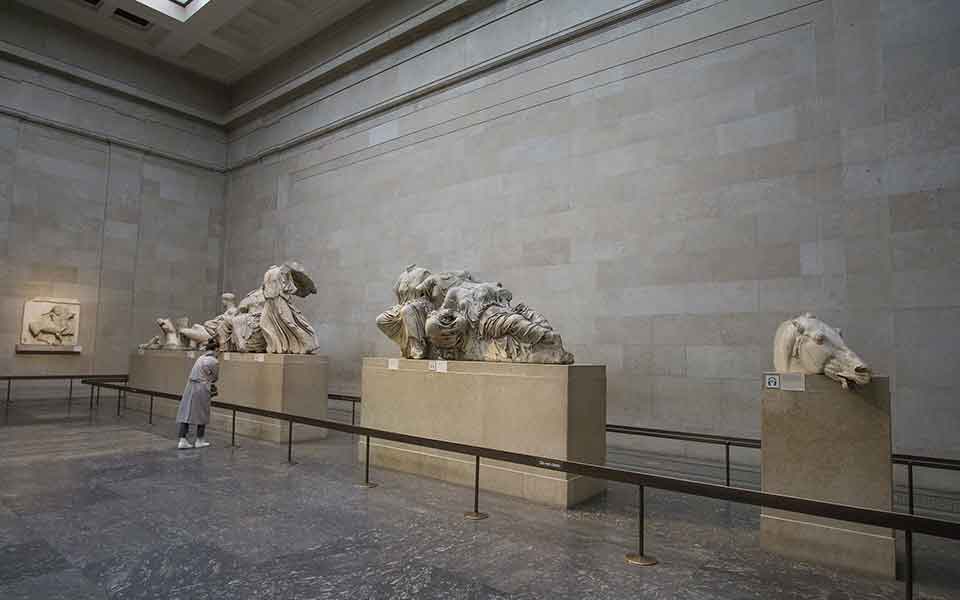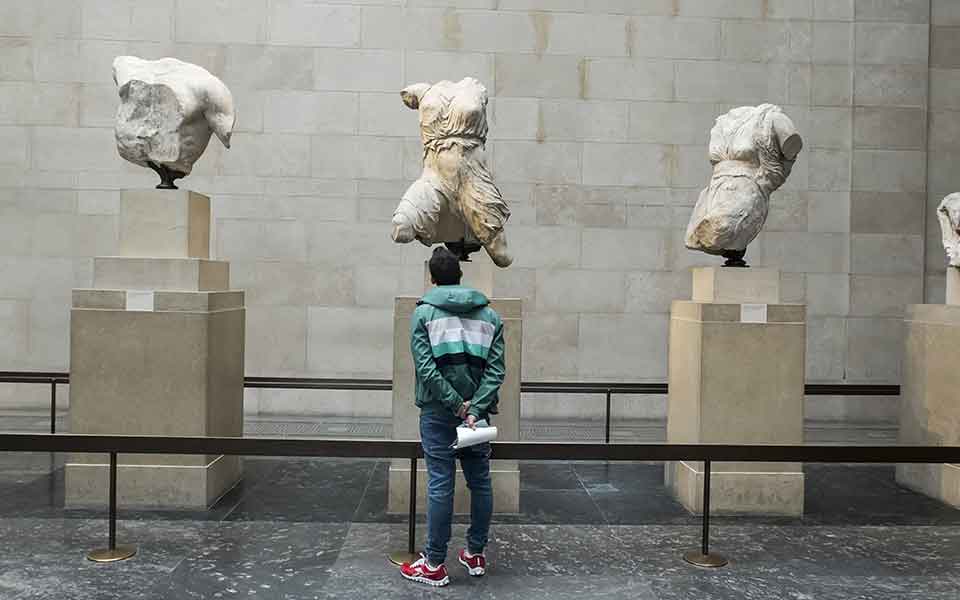Under a new law, the trustees of museums and galleries in England and Wales will be given “unprecedented powers” to return objects in their collections “if there is a compelling moral obligation to do so,” according to an exclusive report by The Guardian.
The Charities Act 2022, which comes into force this fall, is likely to have far reaching consequences for ongoing and future restitution cases, including the four-decade-long campaign for the return of the Parthenon Marbles to Greece from the British Museum.
This latest finding appears to have blindsided the museum sector, according to Alexander Herman, author of “Restitution: The Return of Cultural Artefacts” and director of the Institute of Art and Law: “It will introduce into the legal requirements of trustees, especially of national institutions, the requirement to consider the moral claims of restitution claimants … It seems that the museum sector has not yet realized its full implications. I was surprised when we first uncovered it.”
Most museums in England and Wales operate as charities and must seek authorization from the Charities Commission to dispose of objects in their collections. Under the current act, trustees’ powers are severely restricted in the case of restitution claims. Trustees will blame the legislation, claiming their hands are tied, while government will simply deflect the case back to the trustees – a “familiar catch-22,” says Herman.
Herman, an expert in art and law, has prepared a report on new act for his institute’s quarterly journal, Art Antiquity and Law, due to be published next month. “The most important of these changes relates to the ability of trustees to make transfers of charity property if compelled by a moral obligation,” he writes.

© Shutterstock
In the case of the Parthenon Marbles, despite the British Museum’s highly dubious legal claims, the late Melina Mercouri, initiator of the ongoing restitution campaign, famously said in 1983: “This is a moral issue more than a legal issue.”
Nevertheless, it is now beyond repute that Lord Elgin and his associates circumvented the legal authorities of the time with subterfuge and a steady flow of bribes to strip the Parthenon of its decorative sculptures. If Elgin’s operation in the early 19th century was indeed illegal, which it clearly was, then surely there is not only a legal claim but also a palpable moral obligation for the trustees of the British Museum to return the sculptures to their country of origin?
To date, national museums and galleries in the UK have grappled with pressing moral questions about items of Nazi looted art and human remains in their collections, especially those from indigenous groups. The introduction of the new Charities Act could extend the remit to other artifacts in their collections. One senior insider at a national museum said to The Guardian: “This is a very important development.”
In a statement from the British Museum, a spokesperson said: “The British Museum, like other national institutions, is an exempt charity established by statute. We are following the progress of the new Charities Act with interest.”












